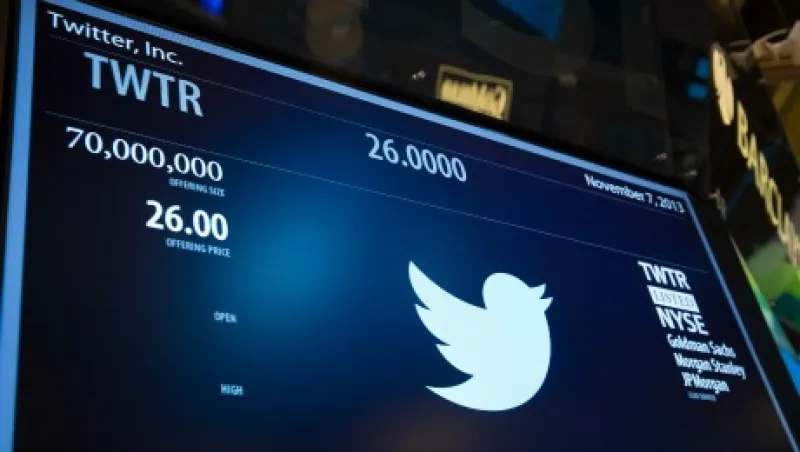
Technology and Telecom Firms to Grab IPO Spotlight in 2014
Most of the big deals will come from outside the U.S. this year, but American exchanges stand to win a good share of the business.
Udayan Gupta
January 13, 2014


